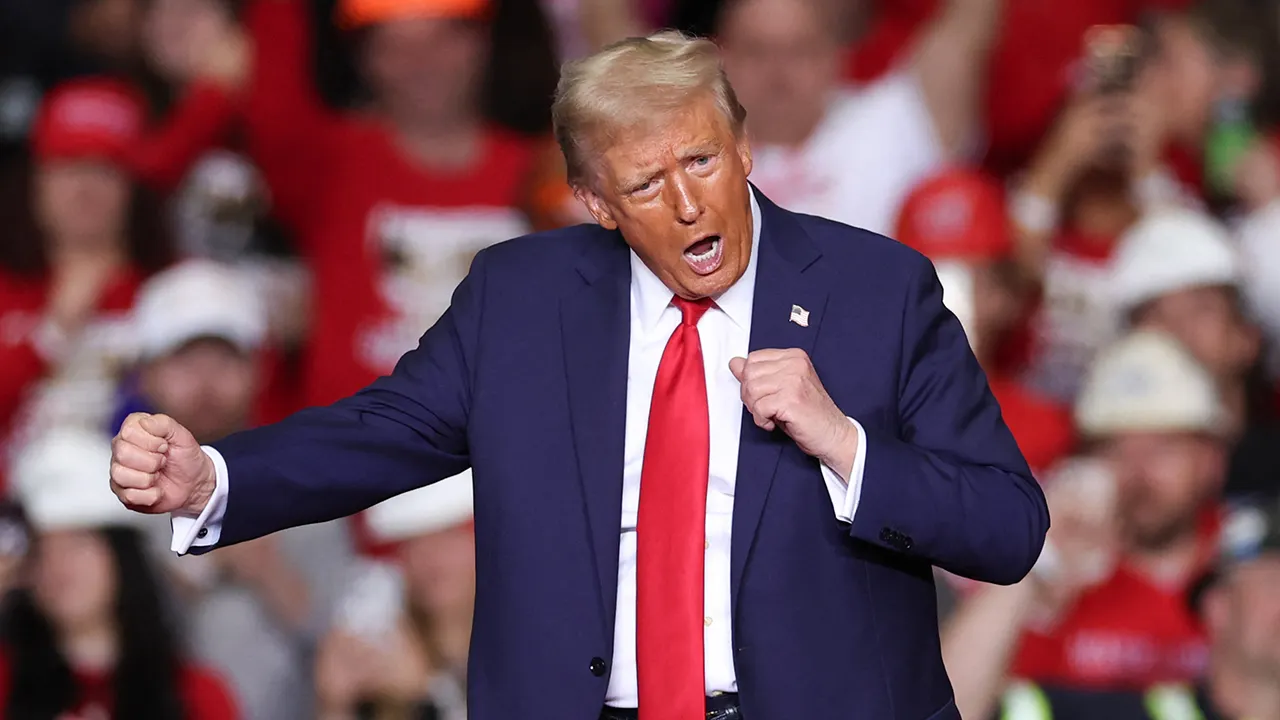Dear Professor Lester Levy,
Firstly, please accept
our congratulations on being appointed commissioner for
Health New Zealand.
Secondly, permit us to introduce
ourselves – General Practitioners Aotearoa (GPA). After
the demise of the New Zealand Medical Association, there was
a gap in advocacy for doctors working in primary care. We
formed GPA to initially fill that gap, and as a stepping
stone to re-forming a new New Zealand Medical Association. I
write as the interim chair of this organisation.
Over
the past three decades and more, I have watched progressive
governments fail to invest in general practice. It is no
surprise that it has become an unpopular postgraduate career
choice.
10 years ago, 40% of doctors in New Zealand
were working in general practice. Last year it came down to
25%.
It is therefore similarly no surprise that the
various agencies responsible for delivering the health care
to New Zealand have acquired more and more debt. I have seen
incredible false economy being poured into healthcare, and
more and more good money being thrown after bad with
extremely disappointing results.
I see from the Health
Minister’s announcement that Health New Zealand is $1.4
billion in debt, and to be honest this is no great surprise
given the investment has been put in the wrong
direction.
My plea comes from an evidence-based
standpoint, not an emotive one or a political one. Paper
after paper has demonstrated that if a government invests $1
into general practice, it saves between $10 and $15 down the
track. This is a far better investment than sending that
same funding to other healthcare sectors, both fiscally and
in terms of our residents’s long-term healthcare.
Advertisement – scroll to continue reading
An
overused analogy is the relationship between ambulances,
cliffs and fences. But the even more sensible metaphor would
be to live far away from the cliff, with little need for
ambulances.
We need investment in general practice
urgently. With resources, training, staff, and correct
funding, we would have a well-equipped, well-funded, and
well-trained general practice workforce which could perform
a lot of medicine which is currently being sent to pricey
emergency departments (EDs) and hospital
specialists.
By having general practitioners (GPs)
prevent and manage diseases and health conditions, we can
avoid the need to refer people to secondary
care.
Referrals from the deprived primary sector are
already over-working hospital departments where morale is at
an all-time low.
You may know that evidence from
Australia has demonstrated that a patient presenting with an
urgent problem to a GP, costs the Australian government just
under $70. The same patient presenting to the emergency
department costs nearly $600 for the same management
pathway.
Blaming and firing bureaucracy would be missing
the point. GPs are walking away right now because we
urgently need staff, resources, buildings, working
conditions, and income with Australasian parity.
We
are also disappointed to see recent reshuffling of funds to
“invest” in primary care by directing funding to
non-doctors. Research is currently emerging that without the
support of GPs, non-doctors have an increased referral rate
and contribute to burdening the secondary
sector.
Non-doctors cannot do the same for less, and
tend to over-refer patients that could be cared for in the
community by a GP.
These perceived shortcuts are in
fact a scenic route.
But the answer is simple:
increase funding and support for GPs to save money and
improve health outcomes.
I see that the Minister has
tasked you with a savings objective of $1.4 billion. I
respectfully suggest that unless the wisdom of the evidence
and history outlined above is heeded, a further $1.4 billion
debt will very soon be added to the accounts.
We urge
you to find the time to meet with us soon. We are confident
your briefing on how general practice is funded from small
solo practices, to rural and remote, and variable urban
providers will require a reality check.
The fact is
that the doctors working in general practice are completely
overworked, undervalued, unsupported, and disrespected. Many
are looking at abandoning their primary health organisation
(PHO) contracts.
We are in an extended Winter of
Discontent in healthcare. The figurative rubbish is in the
streets as unrest among healthcare workers increases by the
day, and EDs overflow with people desperate for healthcare
that could be provided in the community if only there was
enough funding and enough GPs. As a proud New Zealand
citizen and experienced GP, I want to avoid this
international embarrassment escalating any further.
We
can, and want to, work with you to help get this country’s
health service back on its feet. Otherwise, we anticipate an
unpleasant complete collapse of New Zealand’s health
system within the next two years.
Yours
sincerely,
Dr Buzz Burrell MB BS MRCPI FRNZCGP
FDRHMNZ
© Scoop Media
Advertisement – scroll to continue reading




















Discussion about this post